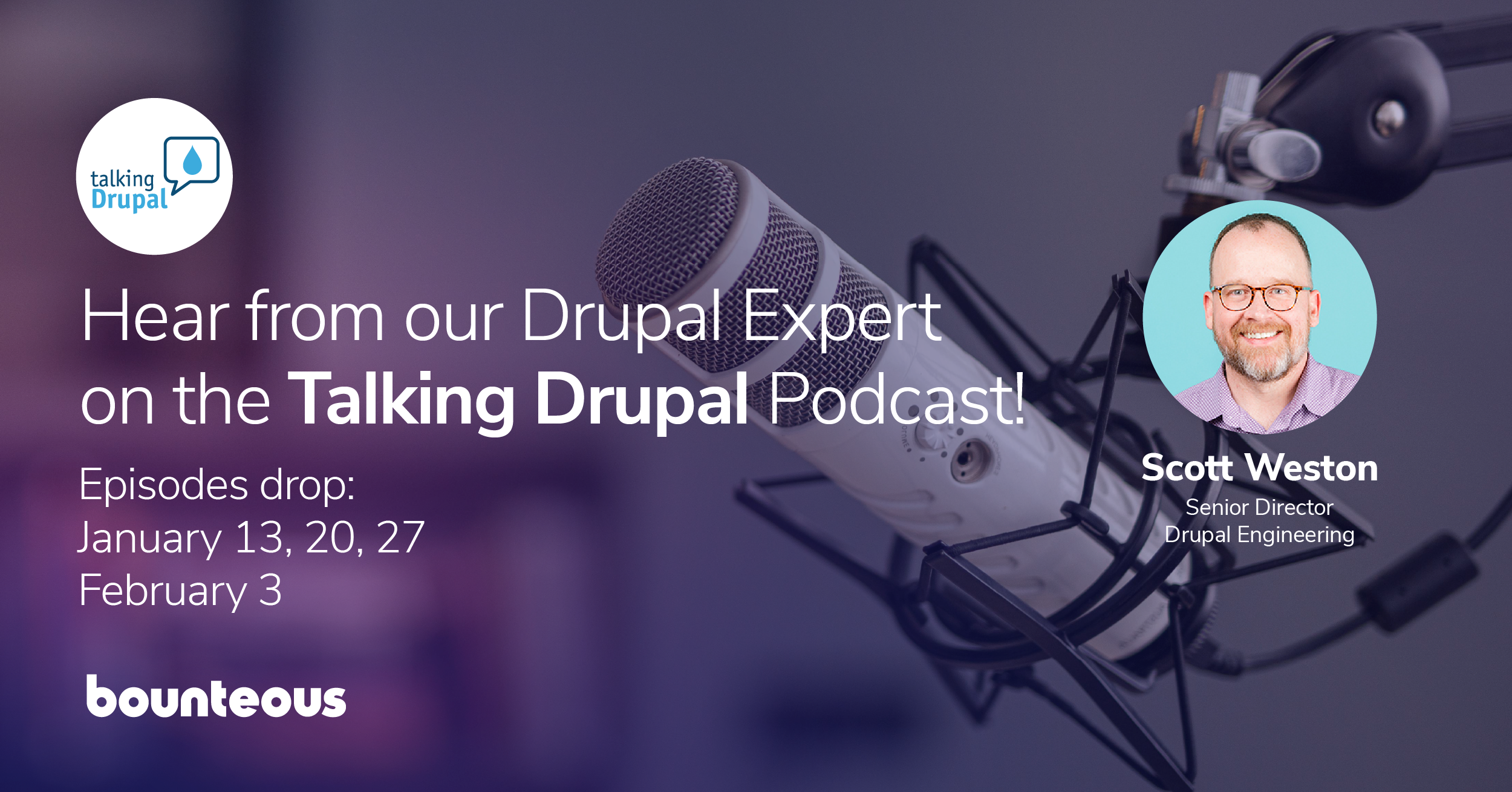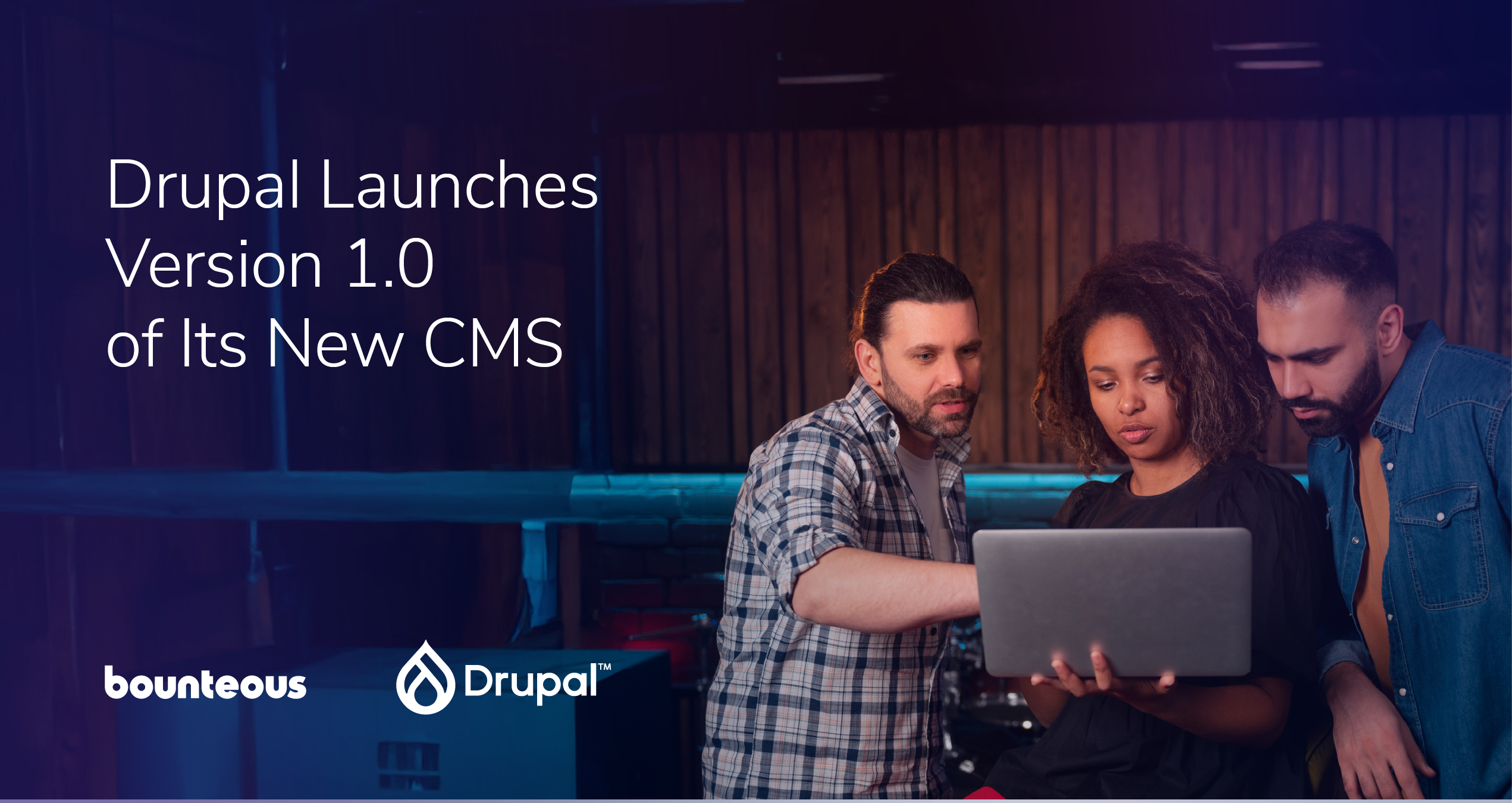DrupalCon 2016 New Orleans: Event Recap

Every year, DrupalCon North America increases its attendance, session offerings, and overall greatness factor. DrupalCon New Orleans was no exception. It was the first DrupalCon North America since the release of Drupal 8 (D8) and you really felt the love for the new version. People were excited and the idea tank was bursting at the seams. The tracks included plenty of beginner sessions that aimed to help guide people into using D8. However, there were also a fair amount of advanced and compelling sessions that made us rethink the way we execute some of our programming tactics.
If you didn’t make it to DrupalCon this year, fear not: All sessions have been recorded and uploaded to the public! We break them down here and highlight some of the top-notch sessions that we believe are well worth the time.
Symfony
The first day of DrupalCon offered a “Symfony Track.” As you have probably deduced already, this was an entire day devoted to stepping back from the force that is Drupal and taking time to understand the Symfony framework that makes it tick underneath. For many developers, including me, this is exactly what we were looking for. It provided a different and fresh approach that made us rethink the CMS that we are so used to. Below are a couple sessions that promise to give you a leg-up on your Symfony skills.
The Infinite Wonder of the Symfony Event Dispatcher
Symfony relies heavily on the event dispatcher to move from start to finish. Because D8 is architected on a Symfony foundation, it follows the same rules. The main takeaway is that Drupal is now relying less on hooks and more on this Symfony tool. Interested in more? Take some time to uncover the event dispatcher.
Double Your Toolbox: The Shared Goodies of D8 and Symfony
Expanding on the themes mentioned above, the next session was all about the tools that Symfony provides for D8 to leverage. If you really want to know what exactly this Symfony thing is and why it is good for Drupal, this video promises to answer all your questions!
Development
It was hard to pick some of our favorite sessions when there were so many standouts this year. However, after some deliberation from our team, we have highlighted a few sessions below that as a developer we feel would be worth the time to watch.
Rethinking Loops
Walking out of a session with something new to use is always great, but walking out of a session that turns your whole perspective upside down is just “WOW!" That session this year was given by John Kary of Kary Software LLC. Drupal has always been based on arrays and using simple, but crucial, PHP functions such as if, else, and foreach. By simply not using these core functions that developers feel they can’t write code without, John’s session managed to turn our programming habits and our entire thought process on their ears.
Creating online stores with Commerce 2.x on D8
If you have used Commerce in Drupal 7 you know that out-of-the-box it was great and it worked (which anyone building an eCommerce Drupal site found really useful). However, after diving in, it became quickly apparent that Drupal Commerce core was very limited. Almost anything you wanted to do store-wise could not be completed or built without tacking on another contrib module. Luckily, these modules worked great most of the time, but it was just more code to manage and update. Drupal Commerce 2, however, has been completely overhauled and uses the same strategies as D8, including leveraging code from other projects. There is simply too much to list in this description, but for the full-blown background, take time to soak the session in.
BigPipe
D8 has solved a lot of its speed issues from previous versions by really upping its game in the cache department. This has made D8 much faster and performant. However, with all the custom applications, personalization, and data updating as fast as on the minute, caching is not a solution and your site will still be slow. Enter BigPipe. BigPipe is being used by some of the most data-centric websites out there, including Facebook. BigPipe drastically speeds up websites on a visual level by altering how the page is processed when sent to the server. This session overviews how BigPipe works and how it can now be applied to any site to speed up load times.
These are just some of the sessions that we found worthwhile, but encourage all Drupal developers to watch many more, if not all, of the additional sessions. For a full list, check out Drupal.org and make sure next year, if you can make it happen, to attend every session live. There’s nothing quite like DrupalCon North America.


